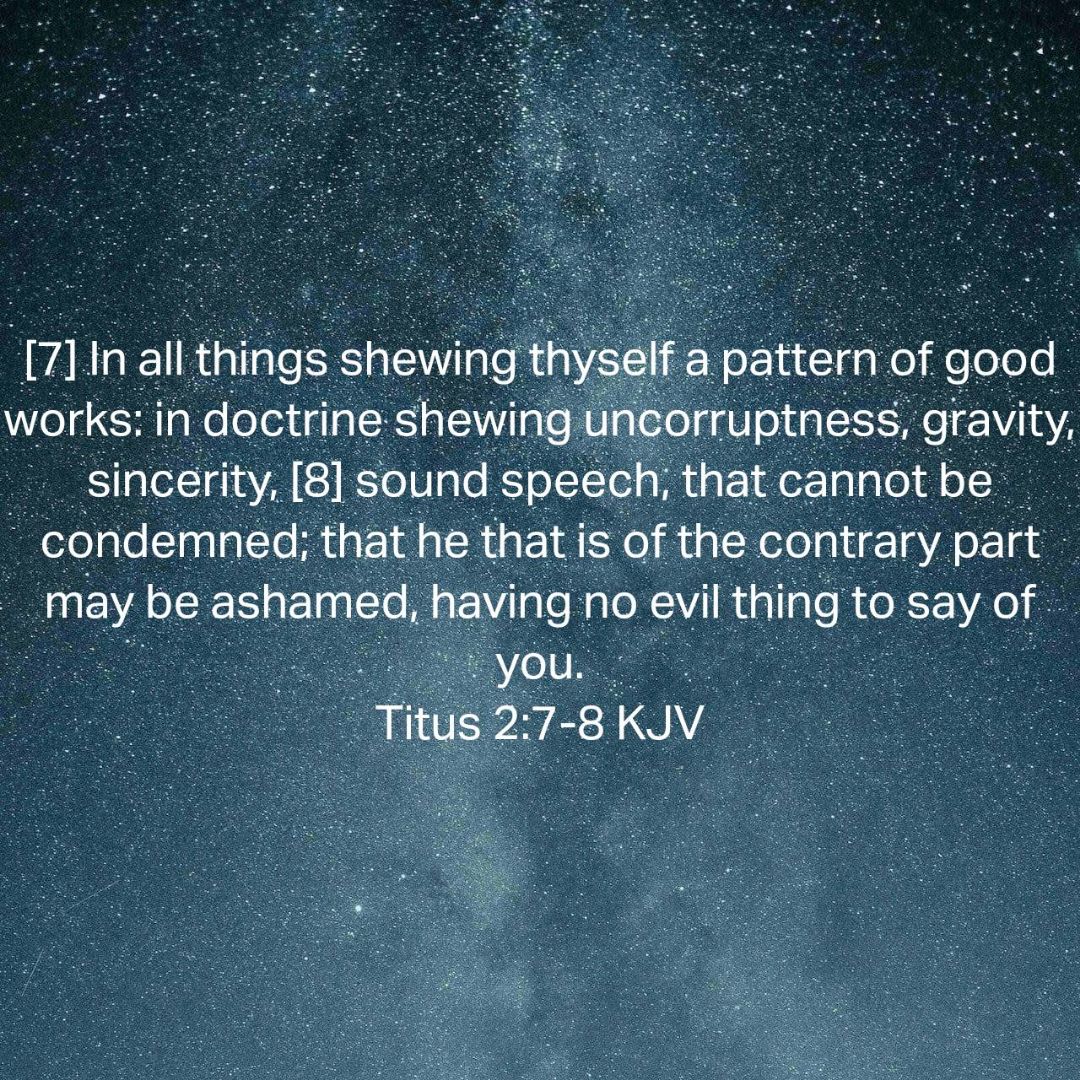The Power of Thoughts: A Commentary on “As a Man Thinketh in His Heart, So Is He”
The phrase “As a man thinketh in his heart, so is he,” drawn from Proverbs 23:7, underscores the profound impact of our thoughts on our identity and actions. This biblical principle teaches that our inner thoughts and attitudes shape our character and ultimately determine our destiny. By examining this concept through various scripture references, we … Read more



